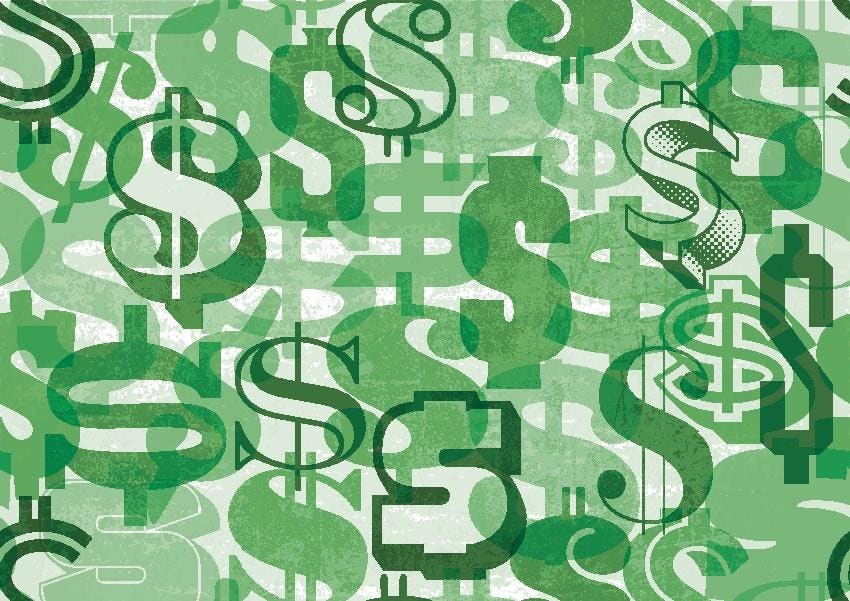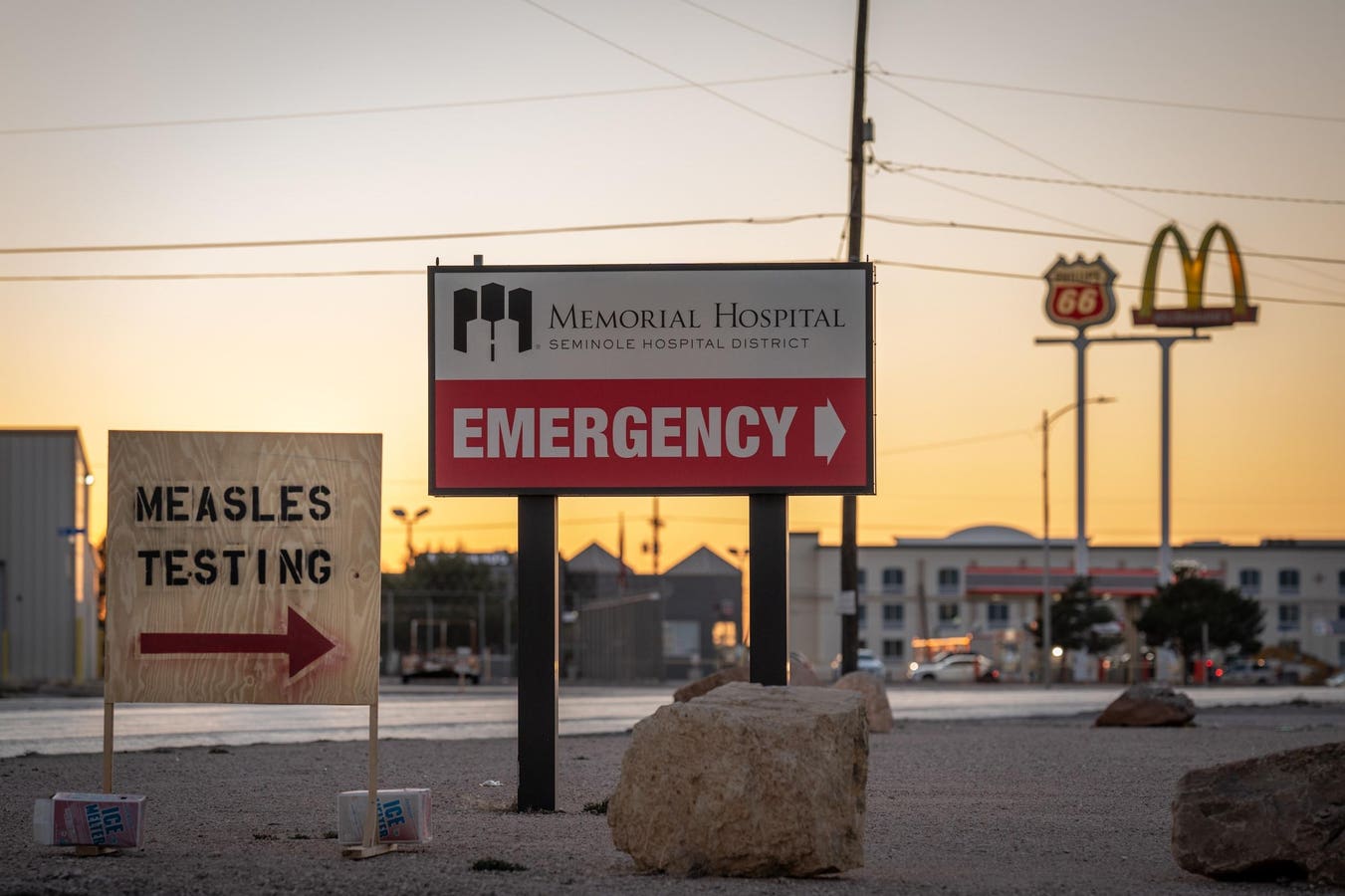U.S. Dollar Signs
In 2021, the American Council on Education conducted a survey of college and university presidents, which indicated that student mental health was the top-rated pressing issue. Many presidents are currently tasked with balancing the need to support student mental health with demands from other campus departments, financial constraints, as well as federal and state policies. Furthermore, the rise of preventive and online services from third-party vendors might make it difficult for some administers to know what financial investments could have the greatest returns.
Daniel Eisenberg is a professor of health policy and management at UCLA and obtained a doctoral degree in economics from Stanford University. He’s a principal investigator of the Healthy Minds Network (HMN) for Research on Adolescent and Young Adult Mental Health, which administers national survey studies on college student mental health. Eisenberg argued that economic evaluations of mental health services could help administrators balance their priorities, as well as highlight the financial benefits that many campus counseling centers provide. He stated, “…our research indicates that there is a fairly strong economic case for investing in student mental health.”
The Economic Benefits Of Improved Student Mental Health
A 2024 report by the Center of Collegiate Mental Health indicated that counseling centers are remarkably effective in reducing distress and suicide ideation among students with elevated risk. While protecting against suicide, and providing crisis response services on campus, avoids emotional/financial costs to families and schools, the financial impact extends to local communities. According to a 2020 report by the Substance Abuse and Mental Health Service Administration, the average cost per case for a community mobile crisis program is $1,520, including $455 related to the mobile crisis unit being on site. Many counseling centers don’t rely on mobile crisis programs, meaning that these savings to their communities are significant.
Counseling services are also effective in treating non-crisis concerns and are associated with improved academic outcomes. For example, a 2005 study in the Journal of Mental Health Policy and Economics found that untreated diagnosed depression was associated with 0.49 decrease in GPA, while receiving treatment was associated with a .044 increase in GPA. Academic performance is often a high priority for administrators, but Eisenberg argued that the financial implications of this also benefits society. He said, “…the students will end up with higher levels of education and greater lifetime earnings, which are important economic benefits for them and their communities… These economic benefits are relevant for communities on local and national scales, because we are talking about a more skilled and productive workforce emerging from higher education.” Eisenberg’s argument is supported by a 2019 report by the United States Federal Reserve System, which described college education as a path to higher incomes and greater economic well-being.
Another improved academic outcome associated with student mental health is university retention. According to Eisenberg, “Reducing depressive symptoms, for example, is likely to lower the likelihood that students leave college before graduating. This means that student mental health interventions can help institutions retain tuition and other enrollment-driven revenue…” Eisenberg’s argument is supported be a 2024 study in the Journal of College Student Mental Health, which found that about two-thirds of counseling center clients stated that services helped them stay in school. These savings on tuition revenue extend multiple years until graduation. Furthermore, as the 2024 study indicated, the retention rate among counseling center clients was higher than the overall campus population. Thus, campus counseling centers can have a significant financial impact on the revenue of institutions.
Return On Investment Related To Student Mental Health
In 2019, Eisenberg helped create a report with the American Council on Education about investing in student mental health. This report provided a link to an online return on investment (ROI) tool that can be customized to understand the economic returns from specific mental health investments. Eisenberg stated, “Schools can use this online calculator to generate estimates for the economic case of investing in student mental health programs at their institution.”
The professor further argued that schools should invest in services with established effectiveness. A possible example is a 2025 report by Inside Higher Ed, which discussed a statewide agreement with a telehealth provider. This report argued that more information is needed to determine if this service increased the capacity of counseling centers and if the mental health of students improved over time. According to Eisenberg, knowing the effectiveness of a service is vital. He commented, “That said, if institutions can identify mental health programs without solid evidence of effectiveness, and replace those with programs that have stronger evidence, that is likely to yield improvements in terms of student wellbeing and economic consequences.”
Campus counseling centers are uniquely effective due to their general location, established facilities, easy access to licensed mental health providers, and real-time connections with campus stakeholders. When financial concerns affect a school, administrators often consider constraining their investments. However, Eisenberg warned about negative economic consequences for reducing mental health services on campuses. He argued, “The negative economic consequences of decreasing investments would be the exact flip side of the positive consequences.”









